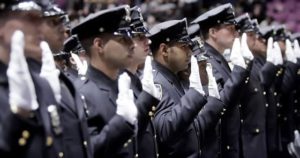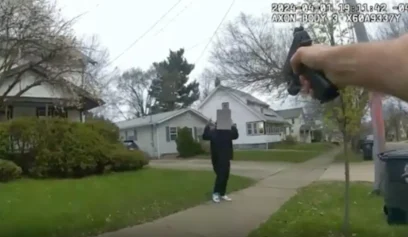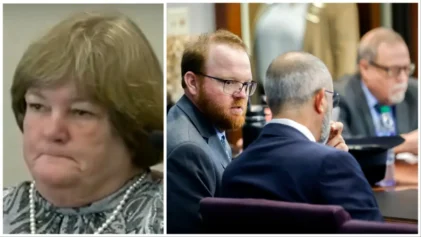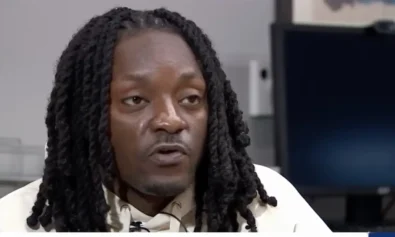
Lead researcher Cris Hughes said the U.S. police force is 75 percent white and male.
Police officers — veterans and rookies alike — are more likely than others to say they see no differences in color and that they treat every person equally, according to a new study out of the University of Illinois. A team of social scientists at the university partnered with the U. of I. Police Training Institute to examine the racial attitudes of law enforcement personnel in the U.S.
Phys.org reports 93 experienced police officers, 33 recruits (officers serving two years or less) and 1,401 laypersons completed an anonymous online survey, which asked respondents whether they agreed with statements such as, “Talking about racial issues causes unnecessary tension,” or “Racial problems in the U.S. are rare, isolated situations.” The survey also collected sociodemographic information.
Researchers found that a majority of recruits and seasoned officers strongly agreed with these and similar colorblind notions, moreso than the general public.
Cris Hughes, lead researcher and anthropology professor, estimates the U.S. police force is 75 percent white and male. Hughes said that people who endorse racially blind beliefs are likely to deny the barriers racial minorities continue to face in the 21st century.
“People who hold colorblind racial attitudes tend to think that racism is no longer a meaningful factor in people’s lives and that everyone has equal access to jobs and other resources across all walks of life,” Hughes said.
“A high level of colorblind racial attitudes tells me that police don’t understand the racism that exists in society today,” said Michael Schlosser, co-author and director of the Police Training Institute. “It also tells me that they are less likely to be aware of their own assumptions, biases and stereotypes involving race, which could affect their behavior and decision-making.”
The U. of I. findings appear to contradict previous studies, which have indicated that officers carry implicit biases against Blacks, perceiving them to be more prone to violence and aggression. Psychologists have defined implicit bias as the attitudes or stereotypes that affect our understanding, actions and decisions in an unconscious manner. Social learning experiences, media conditioning, and our own personal interactions lead us to develop associations. These associations accumulate over time on a subconscious level. In 1995, social psychologists developed the Implicit Association Test to measure the strength of a person’s automatic association between two concepts.
Studies have shown that this implicit bias leads to shooter bias in law enforcement. In 2005, Florida State University researchers examined the racial biases of 50 police officers, who were asked to complete a computer exercise where photos of African-American and white male faces were superimposed with images of either guns or harmless objects, such as a wallet or cell phone. Participants had to make the split-second decision to “shoot” or “don’t shoot” based on whether they believed the fictional criminal was armed.
The mostly white police officers were more likely to shoot Black faces holding neutral items than white faces holding the same ones. Over 20 trials, they averaged 3.63 errors when the suspect was Black, but only 2.65 errors when the suspect was white.
The results of this study and similar ones led social psychologist Philip Atiba Goff to found the Center for Policing Equity at UCLA, a nonprofit research organization that promotes police transparency.
Goff and Center colleagues developed the nation’s first database focused on racial profiling in December 2013. Goff explained why racial profiling should matter to all groups of people in an interview with UCLA Today’s Rebecca Kendall.
“The first reason is obvious: It’s not fair, and inequality and injustice should be a problem. The second reason is that it makes us less safe,” he said. “Imagine a neighborhood where everybody feels like if they call the police, they’re going to get treated badly. That’s the kind of neighborhood that criminals like, because they know that the people there are going to be scared to call the police. Similarly, if you’re being attacked or your home is being attacked, you’d better hope that the person next door feels comfortable calling the cops. And racial profiling makes that less likely.”


